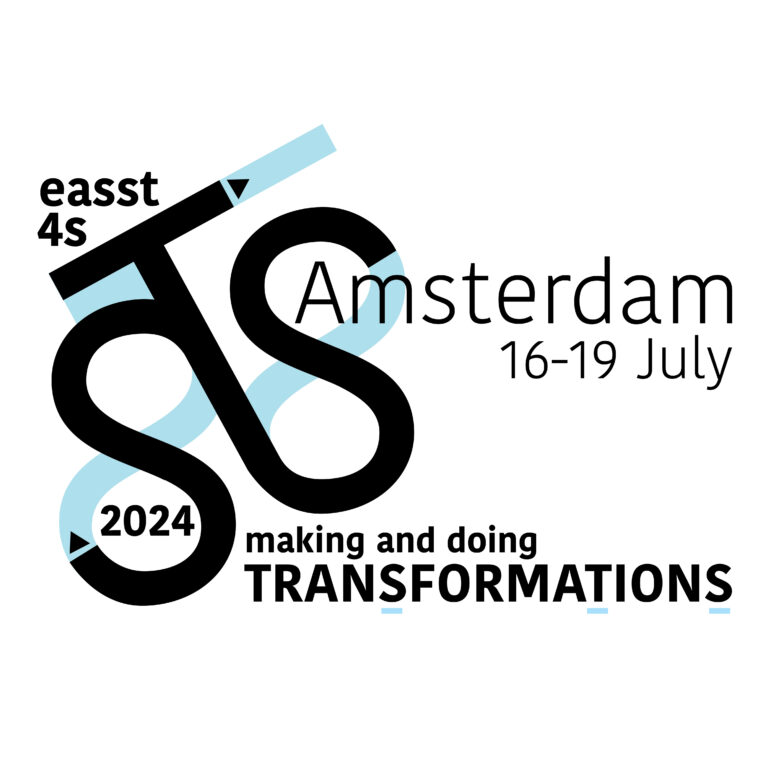Report on Proposed Changes to Secondary Education Examination Standards
Introduction: Aligning National Education with Sustainable Development Goals
A report on the draft regulation proposed by the Ministry of Education and Science (IZM) indicates a strategic realignment of the national general secondary education standard. The proposed amendments aim to balance academic rigor with student well-being, reflecting a commitment to the United Nations Sustainable Development Goals (SDGs), particularly SDG 4 (Quality Education) and SDG 3 (Good Health and Well-being).
Analysis of Proposed Regulatory Amendments
The core of the proposal involves modifying the structure of state-mandated centralized examinations for secondary school graduates. The objective is to maintain a consistent assessment load while enhancing the curriculum’s relevance to contemporary challenges.
Current Examination Structure
Under the existing framework, students are required to complete five compulsory centralized exams:
- Latvian Language
- Foreign Language
- Mathematics
- Advanced-Level Course 1
- Advanced-Level Course 2
Proposed Examination Structure
The new regulations introduce a compulsory science component while reducing the number of advanced-level exams to prevent an increase in the overall assessment burden. The proposed structure for the current academic year includes:
- A mandatory examination in a science discipline (Physics, Chemistry, or Biology) at the optimal level, or a general-level natural sciences exam.
- A reduction in the number of required advanced-level exams from two to one.
This adjustment ensures the total number of required state examinations remains at five, thereby avoiding an escalation in academic pressure on students.
Implications for SDG 4: Quality Education
The proposed changes directly address several targets within SDG 4, which aims to ensure inclusive and equitable quality education for all.
- Enhanced Scientific Literacy: The introduction of a mandatory science exam is a critical step toward equipping students with the knowledge and skills necessary for sustainable development (Target 4.7). A strong foundation in science is essential for addressing global challenges such as climate change (SDG 13), clean energy (SDG 7), and responsible consumption (SDG 12).
- Balanced and Relevant Curriculum: By adjusting the examination load, the Ministry seeks to create a more balanced educational experience. This prevents curriculum narrowing, where teaching focuses excessively on high-stakes testing, and instead promotes a holistic education that fosters critical thinking and lifelong learning skills.
Impact on Student Well-being and Equity (SDG 3 & SDG 10)
The regulatory amendments also have significant implications for student welfare and educational equity.
- Promoting Mental Health (SDG 3): High-stakes examinations are a known source of stress and anxiety for students. By capping the total number of exams and reducing the advanced-level requirement, the proposal actively supports Target 3.4, which aims to promote mental health and well-being. This measure ensures that the pursuit of academic excellence does not compromise the health of young learners.
- Reducing Inequalities (SDG 10): A heavy examination load can disproportionately affect students from disadvantaged backgrounds who may lack access to supplementary support. By managing the overall assessment burden, the reform contributes to a more equitable learning environment, ensuring all students have a fair opportunity to demonstrate their knowledge and succeed.
Conclusion
The proposal by the Ministry of Education and Science represents a forward-thinking approach to educational reform. By strategically integrating a mandatory science component while simultaneously mitigating student assessment load, the initiative aligns the national education system more closely with the principles of sustainable development. This balanced approach fosters quality education (SDG 4), protects student well-being (SDG 3), and promotes educational equity (SDG 10), preparing graduates to become informed and active citizens in a sustainable future.
SDGs Addressed in the Article
-
SDG 4: Quality Education
The article is exclusively focused on education policy, specifically concerning the national standards for general secondary education. It discusses changes to the curriculum and assessment framework, which are central to the goal of ensuring inclusive and equitable quality education. The proposal by the Ministry of Education and Science to adjust the number and type of compulsory exams directly impacts the quality, relevance, and student experience within the secondary education system.
Specific SDG Targets Identified
-
Target 4.1: By 2030, ensure that all girls and boys complete free, equitable and quality primary and secondary education leading to relevant and effective learning outcomes.
This target is directly relevant as the article discusses the structure of centralized exams for high school graduates. The ministry’s debate over the number of advanced-level exams versus the inclusion of a compulsory science test is an effort to define what constitutes a “quality” secondary education with “relevant and effective learning outcomes.” The proposed amendments to the “national general secondary education standard and curriculum guideline” are policy actions aimed at achieving this target by ensuring the assessment load is manageable while maintaining educational standards.
Indicators for Measuring Progress
-
Implied Indicators
The article does not mention any official SDG indicators. However, it implies certain metrics that the Ministry of Education and Science uses to assess its policies and measure progress towards its educational goals:
- Number of state-mandated assessments: The article explicitly states that the ministry’s proposal aims “To avoid increasing the overall number of state-mandated assessments.” This suggests that the total number of exams is used as an indicator to measure student workload and the efficiency of the assessment system.
- Structure of the national curriculum and examination requirements: The specific requirements for graduation, such as the number of advanced-level exams and the compulsory inclusion of science subjects (physics, chemistry, or biology), serve as indicators of the quality and focus of the education being delivered. The proposed changes reflect an adjustment in what the ministry considers a standard for a quality secondary education.
Summary Table: SDGs, Targets, and Indicators
| SDGs | Targets | Indicators |
|---|---|---|
| SDG 4: Quality Education | Target 4.1: Ensure all youth complete quality secondary education leading to relevant and effective learning outcomes. |
|
Source: bnn-news.com







